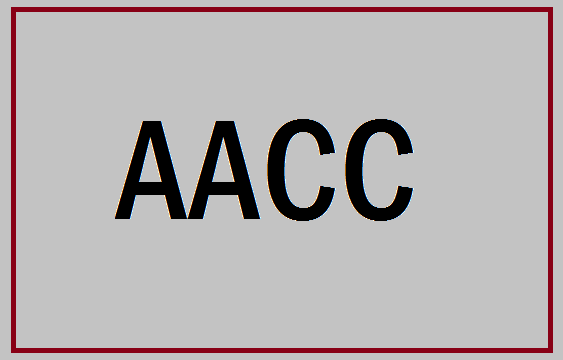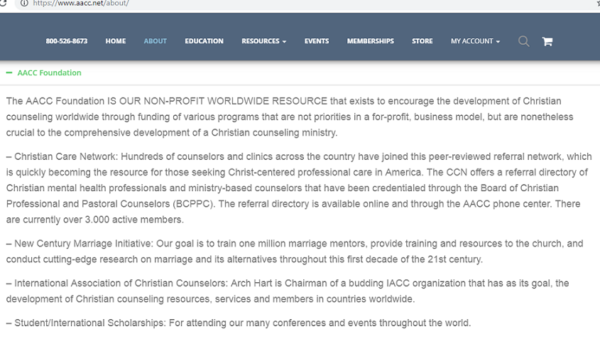Recently Christian motivational author Christine Caine settled a lawsuit with Christian author Carey Scott over material taken from Scott’s book and used in Caine’s book Unashamed. Caine has remained silent in the face of multiple requests for an explanation or apology regarding the plagiarism of Scott’s book. After I wrote about the situation and asked for a comment, she recently blocked me on Twitter.
Now it appears that Caine has harvested from another author. Earlier this evening I saw a tweet mentioning Caine with a quote that looked familiar to me. Here is the tweet:
Sometimes when you’re in a dark place you think you’ve been buried, but you’ve actually been planted – Christine Caine#wetrendquotes#sundayvibes #sundaynight #sunday #sundaymotivation #sundayfunday #dark #place #thinkingofyou #think #plant #christinecaine #quotestoliveby #quote pic.twitter.com/VHcERQWMYx
— We Trend Quotes (@wetrendquotes) October 7, 2018
This quote was claimed by Caine in 2015 on Twitter.
Sometimes when you’re in a dark place you think you’ve been buried when you’ve actually been planted. You will bring forth life!!
— Christine Caine (@ChristineCaine) February 28, 2015
Caine also used this quote on her Facebook page in 2016.

This year, Caine’s publisher Zondervan produced a book of devotionals where they credited Caine for the quote in a chapter titled, “Buried or Planted?”
Osteen Was Planting in 2009
In 2009, Joel Osteen preached this quote in seed form.
It’s easy to feel like we’ve been buried, but what’s interesting is the only difference between being buried and being planted is the expectancy of what’s going to happen next.
When you put a seed in the ground you don’t say, “I’m burying this seed,” you say, “I am planting this seed,” because you know it’s coming back.
We all face difficulties but you have the seed of almighty God on the inside. He breathed His life into you. When you go through disappointments, you’re in tough times… you might feel like you’d been buried, but the fact is, you’ve simply been planted.
Then in a 2011, he pruned the verbiage in his book, It’s Your Time.
When you go through disappointments and you’re in tough times, you may feel like you’ve been buried, but the fact is, you’ve simply been planted. That means you’re coming back!
Coincidence?
Now that Caine has blocked me and apparently isn’t going to respond to requests, I doubt I will find out from her if this is an amazing coincidence. The quotes are quite similar and it doesn’t seem right for Caine to get credit for reframing being buried as being planted. Perhaps Osteen got it from someone else, but it looks like he harvested that quote before Caine.
Like this article and want to see more like it? Support this blog at Patreon.com.
[email-subscribers namefield=”NO” desc=”Subscribe to receive notification of new posts.” group=”Public”]
Image: Warren Throckmorton




